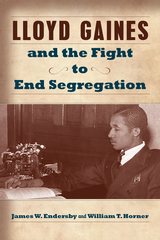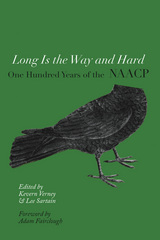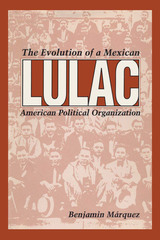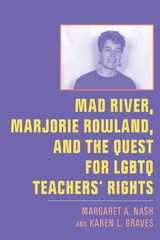Hydro-criticism
Duke University Press
Paper: 978-1-4780-0494-3
See other books on: Chemistry | Environmental | Environmental Science | Science
See other titles from Duke University Press
Paper: 978-1-4780-0494-3
ABOUT THIS BOOK | AUTHOR BIOGRAPHY
ABOUT THIS BOOK
As sea levels rise, ice caps melt, and the ocean acidifies, the twin forces of globalization and global warming have irrevocably braided human-centered history with the geologic force of the ocean. This reality has broadly challenged those working in the humanities, social sciences, and natural sciences to fundamentally alter the ways in which they produce knowledge. Contributors to this special issue of English Language Notes interrogate the methods of humanities’ recent oceanic turn—grouped here under the rubric of “ocean studies”—by reimagining human histories, aesthetics, and ontologies as entangled with the temporal and spatial scales, geographies, and agencies of the ocean. Topics include the representations of the sea and related technologies in 1950s films; multiple accounts of the ocean’s role as a mediator of power, colonization, and censorship; queer eroticism and the ocean; literature’s shifting account of seafaring in the modernist period and today; and the strange conundrum of T. S. Eliot’s “The Dry Salvages” as an inspiration for modern radical Caribbean scholars.
Contributors. Hester Blum, Brandi Bushman, Jeremy Chow, Margaret Cohen, Elizabeth DeLoughrey, Harris Feinsod, Isabel Hofmeyr, Charne Lavery, Nicole Rizzuto, Meg Samuelson, Allison Shelton, Teresa Shewry, Maxwell Uphaus
Contributors. Hester Blum, Brandi Bushman, Jeremy Chow, Margaret Cohen, Elizabeth DeLoughrey, Harris Feinsod, Isabel Hofmeyr, Charne Lavery, Nicole Rizzuto, Meg Samuelson, Allison Shelton, Teresa Shewry, Maxwell Uphaus
See other books on: Chemistry | Environmental | Environmental Science | Science
See other titles from Duke University Press












